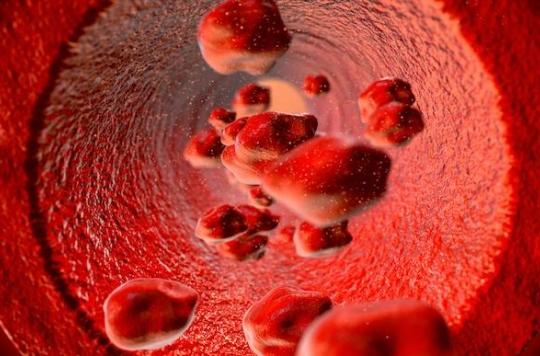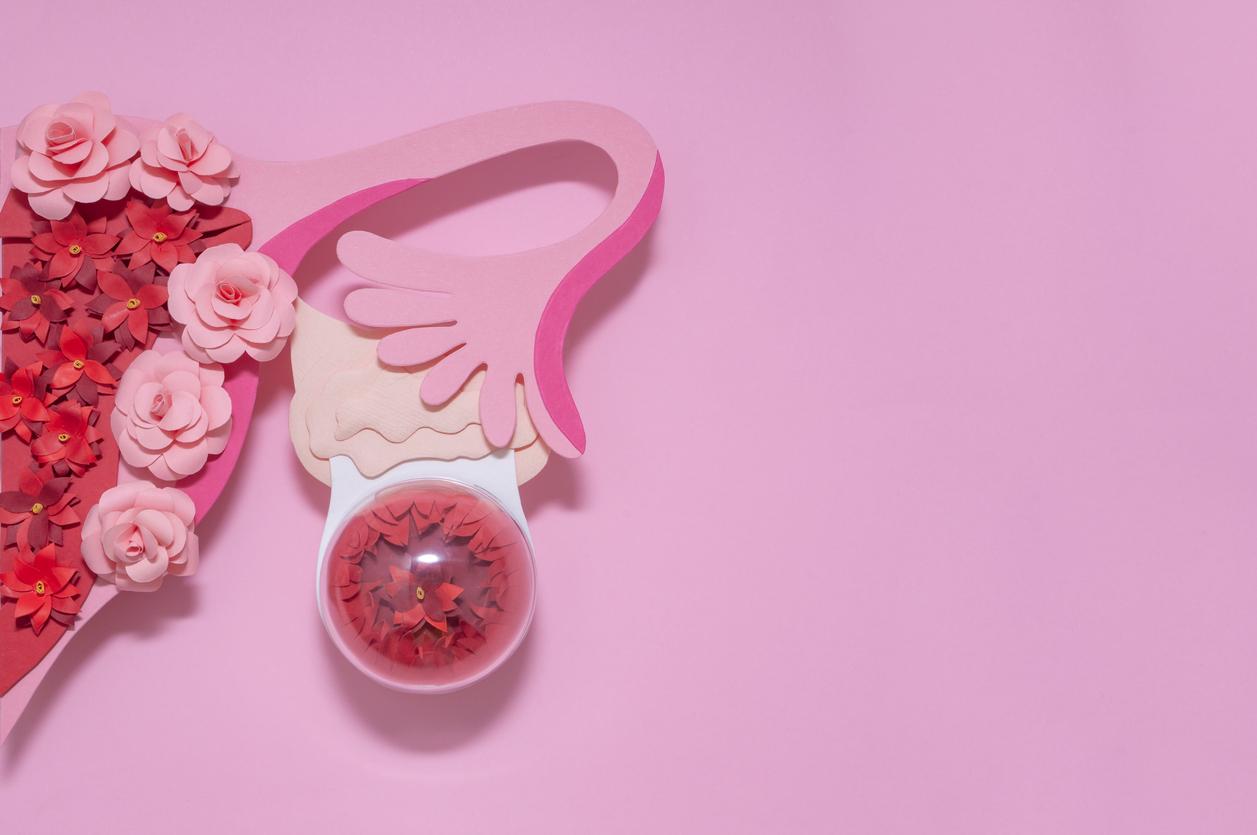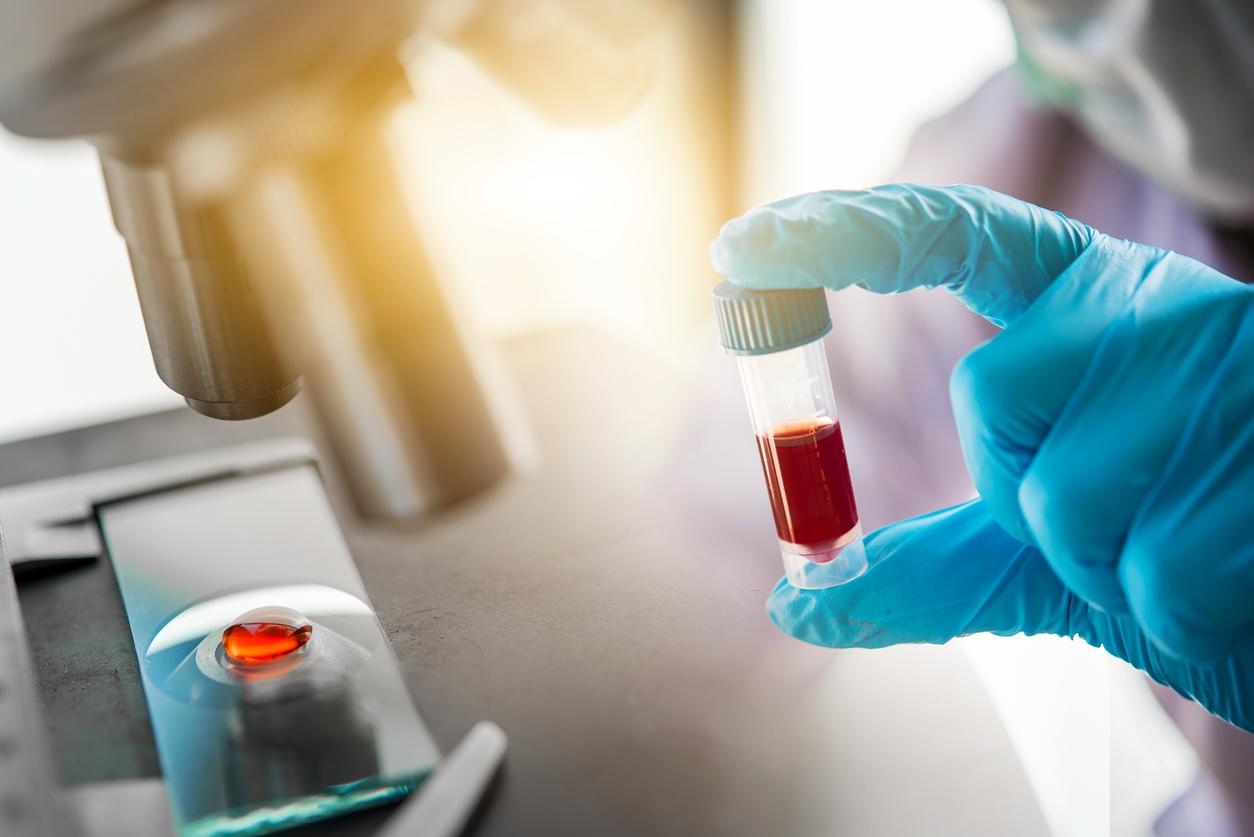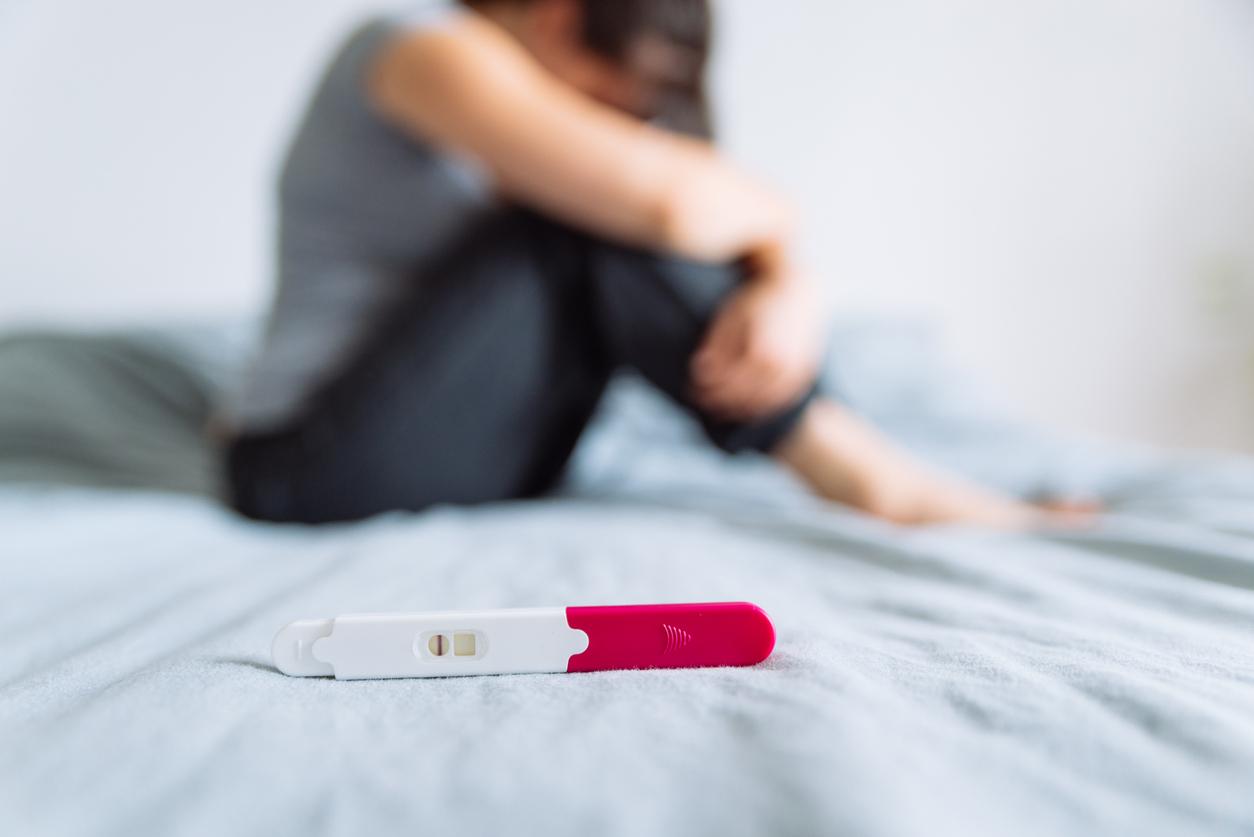An experimental drug would be effective in the treatment of cold agglutinin disease, a chronic anemia of autoimmune origin, for which there is currently no validated treatment.

In patients with autoimmune haemolytic anemia, ‘cold agglutinin disease’, a specific complement C1s inhibitor, halts the destruction of red blood cells in a preliminary study.
The impact of sutimlimab on hemolysis results in an increase in the hemoglobin level and the cessation of the need for blood transfusion. The effect is obtained in patients for whom several previous treatments had failed and without any serious adverse effects. These results are published in the journal Blood.
An autoimmune disorder
Cold agglutinin disease is caused by a malfunction in the immune defense system. This causes the formation of autoantibodies (monoclonal IgM) directed against red blood cells as well as an aberrant activation of the complement system.
Antibodies are produced by certain cells of the immune system and are normally responsible for fighting infections and cancers. The complement system is normally responsible for blood clotting.
autoimmune anemia
This disorder of the immune system leads, under certain temperature conditions (less than 30°C), to the activation of the complement system and to the isolated destruction of red blood cells (“hemolysis”). This destruction therefore occurs in crises (acute hemolysis), in the event of cold temperature, with pain in the back and stomach, headaches, vomiting, as well as dark urine (passage of hemoglobin in the urine).
It is therefore an “autoimmune haemolytic anemia”, because the bone marrow cannot produce red blood cells as quickly as they are destroyed. Red blood cells are responsible for transporting oxygen to cells and organs throughout the body.
A preliminary study
To date, there is no validated therapy for the treatment of cold agglutinin disease, although rituximab, an anti-CD20 antibody used in the treatment of certain blood cancers, has been used with limited efficacy in this disease. .
This preliminary study involved 10 patients, aged 56 to 76, suffering from cold agglutinin disease for an average of five years. Many had already received several treatments without success. At the time of inclusion in the study, all patients had a hemoglobin level below normal. Six patients also received regular blood transfusions to control their symptoms.
A correlated response rate
Among patients who responded to treatment with a full dose of sutimlimab, red blood cell destruction ceased and hemoglobin levels increased significantly. Seven out of 10 patients responded and had an average increase in their hemoglobin level of 4 grams per deciliter (g/dL) from a baseline of 7.5 g/dL in six weeks. The hemoglobin level of four patients returned to normal.
When sutimlimab treatment was discontinued, hemoglobin fell again and autoimmune destruction of red blood cells resumed. But on secondary resumption of treatment, the hemoglobin level improved again. The six patients who were to receive regular blood transfusions remained transfusion-free for up to 18 months on treatment with sutimlimab.
An orphan disease
“Provided that tolerance remains correct, sutimlimab could become the first approved treatment for cold agglutinin disease,” said lead author Bernd Jilma, MD, of the Medical University of Vienna. “The drug clearly addresses an unmet medical need, and we saw rapid and strong responses in patients for whom several previous treatments had failed.”
Cold Agglutinin Disease is believed to affect approximately 10,000 people in the United States and Europe. Most patients are over 50 years old.

.

















